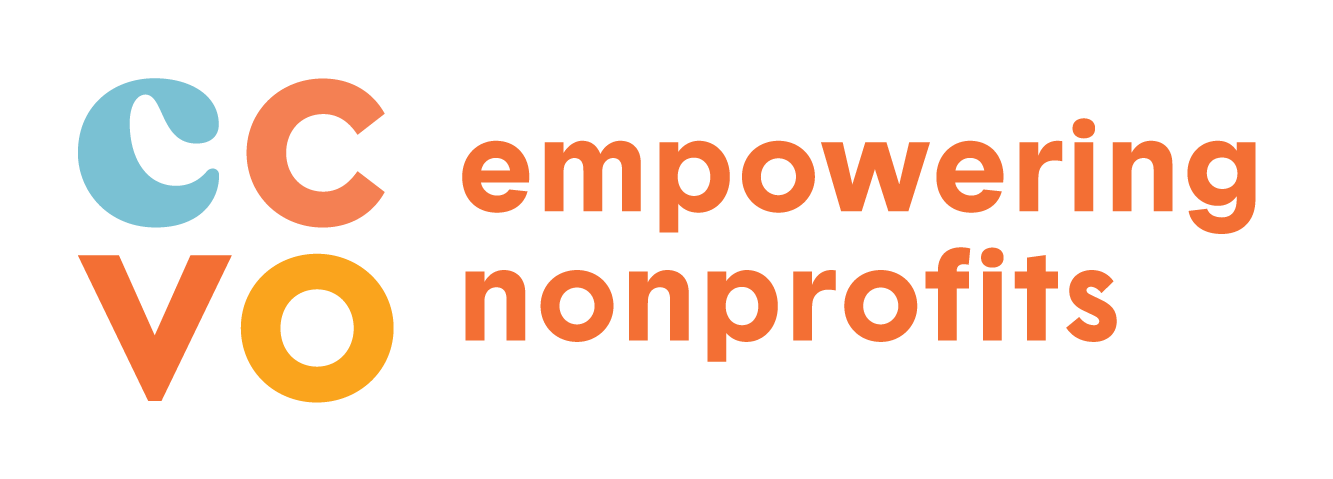Finally the Conversation Has Begun
By CCVO Guest Blogger Kathy Arney, KEA Canada
My #METOO happened when I was 19. I was a university student working as a program coordinator and my job was to ensure that the 25 high school science teachers from across Canada had a wonderful time and excellent customer service while they were attending a two-week summer program at the university. He arrived early, having ridden his gold wing motorcycle across the country. He wanted to see the historic fort on the other side of town and I hopped onto the comfy, fully separated back seat of the motorcycle and gave directions. I thought about how lucky I was to be able to have so much fun helping people enjoy their experience – part of my excellent customer service. So cool.
As the program went on, he seemed to want more and more attention. I didn’t really understand what was going on. Then one day I pulled away from my boyfriend, not wanting him to touch me. I couldn’t understand why until, after a long conversation with my boyfriend, I connected that I was withdrawing as a result of the unwanted advances at work. Now recognizing what was happening, I went to my boss. My wonderful, brilliant, gentle, kind professor boss. When I explained what was happening, he did what he thought was best by reminding me that the program was over in a few days, and suggesting I keep my distance from that man. I did just that. I was reasonably successful in avoiding him until one final, humiliating moment on the last day. As everyone gathered to say goodbye, he approached me as I was leaning against the back of a chair, pushed me down into the chair backwards and kissed me while the other teachers looked on and shook their heads.
I don’t remember his name. I do remember the embarrassment and humiliation. I have not lost the worry that if he did that to me, what has he done to his students who were less equipped and who went to his high school. Haunting.
I consider myself lucky. The consequences for me were relatively minor. But I never forgot. As my career progressed, I spent time doing what I could to ensure my team was safe, trying to prevent anyone else from having a similar experience. I invited an expert to lead a session for fundraisers on strategies for avoiding risk of sexual harassment, and how to remove yourself from a situation that feels like it is escalating or inappropriate. I met with my team before major events to remind them of their role and how to stay safe. I established signals for getting peer support if you felt vulnerable to sexual harassment. And I asked myself, why were these actions necessary in the workplace?
At a recent fundraising conference I was struck by how many women were sharing stories of being harassed by their colleagues and by donors. The stories ran the full gamut of harassment, from inappropriate “jokes” to someone who left her job because a promised promotion to an executive position had a price. I left that conference feeling that we needed to talk more about the issue. I shared this with a former colleague — a brilliant young woman who recently moved from administration to front-line fundraising. She burst into tears, nodding her head, and said, “I thought I was the only one.”
Studies show that sexual harassment is a major issue in fundraising – both from donors and from those in a superior position. In 2018, AFP and the Chronicle of Philanthropy conducted a study of more than 1,000 women fundraisers across the US and Canada. It found that “sexual harassment is one of the most important issues that the fundraising profession and the charitable sector face.
This is not just a women’s issue, but an issue that is fundamental to the principles of the charitable sector—a sector based on equality, justice and equity. If we can’t ensure these principles exist for employees in the sector, how we can work on them for the people and communities we serve?” Finally, the conversation has begun. But there is more, so much more, to say before all of the brilliant, kind, well-meaning bosses say, “enough.”
Kathy Arney, BCom, CA, CPA, ARCT, is president and founder of KEA Canada Ltd. She has spent her career growing organizational capacity and improving results, and has a passion for enabling people to reach their full potential. KEA Canada works with nonprofits, their leaders and supporters in reaching their philanthropic goals.
References
https://charityinfo.ca/articles/SexualHarrassmentInProfession
https://www.philanthropy.com/interactives/fundraiser-poll
https://afp.cms-plus.com/files/ContentDocuments/AFP_180406_AFPIDEAHarassSurveyES.pdf

